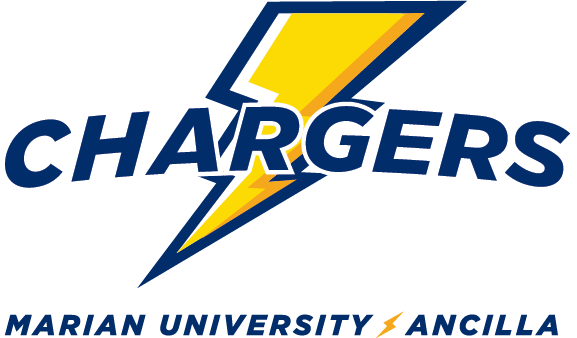Why Choose Marian?
Admission to law schools and professional programs is often highly competitive. Through our “Scholars Who CARE” Framework, we will support you as you navigate the challenging path to a successful career in law.
We will support your development in the classroom and encourage you to become a well-rounded student through rigorous coursework and extracurricular opportunities.
The Marian “Scholars Who CARE” Framework
Core learning. Rigorous coursework in a major and minor field of your choosing, enhanced with multiple pre-law seminars.
Advising. A dedicated pre-law advisor will assist you as you navigate your undergraduate degree, from your first campus visit through graduation.
Resources. On-campus workshops, a career services center, and a Personalized Learning Center will work with you for success. Take advantage of interview and exam prep opportunities!
Experiences. Paid internships, on-campus leadership roles, Model United Nations, Mock Trial, and study abroad opportunities will help you become a distinctive law school applicant.
Scholarship Opportunities
Saint Ives Pre-Law Pathways Scholarship: At Marian University, we offer the Saint Ives Pre-Law Program. Inspired by the patron saint of lawyers, this program trains students aspiring to a career in law. This competitive scholarship supports incoming freshman students as they navigate their undergraduate education. In addition to financial support, students awarded the Saint Ives Pre-Law Scholarship will participate in co-curricular programming—including seminars, clerkships, internships, and workshops—to become distinctive and qualified applicants to law programs nationwide. Learn more about the Saint Ives Scholarship.
Commonly Pursued Majors
Students interested in a career in law or advocacy can select any major of their choice and are encouraged to explore a major they are passionate about!
“There is no single path that will prepare you for a legal education. Students who are successful in law school, and who become accomplished professionals, come from many walks of life and educational backgrounds. Legal education welcomes and values diversity and you will benefit from the exchange of ideas and different points of view that your colleagues will bring to the classroom.” American Bar Association
However, commonly pursued majors include:
If you opt for a major not listed, be sure to work with your pre-law advisor to ensure you meet pre-professional program pre-requisites during your undergraduate timeline. Students applying to law school and interested in advocacy, public policy, or similar careers would do well to develop skills in:
- Communication and Analytical Skills: Law students need to be highly proficient in both written and oral communication. This includes the ability to express ideas concisely, precisely, and persuasively. To develop these skills, courses emphasizing essays, term papers, and public speaking are beneficial. Additionally, strong analytical skills are essential. These can be honed through studies in the humanities, mathematics, and the sciences, which cultivate the logical thought processes needed to study and practice law.
- Research and Foundational Knowledge: Lawyers must know how to find and analyze various types of data. Developing research skills through significant projects, such as a senior thesis, is highly recommended. This is complemented by a broad foundation in the humanities and social sciences. Recommended areas of study include:
- History provides a deep understanding of the social, political, and cultural factors that have shaped American society.
- Philosophy develops critical thinking and argumentation skills through a firm grasp of logical reasoning, ethics, and political thought.
- Political Science fosters a fundamental understanding of political thought and the contemporary American political system.
- Sociology and Psychology cultivate basic understanding of human behavior and social interaction.
- Global and Business Acumen: A successful lawyer often needs to understand the broader context of legal problems. This includes knowledge of business and financial principles, as many legal issues arise in this context. Courses in business, economics, finance, and accounting can be particularly useful. Furthermore, a good lawyer understands the global landscape. This includes an understanding of diverse cultures and studying foreign languages, international institutions and issues, and the increasing interdependence of nations.
- Practical Skills & Experiential Learning: Beyond academic coursework, aspiring lawyers should actively seek opportunities for practical experience. Internships at law firms, government agencies, or non-profits provide invaluable real-world exposure to the legal profession. In addition to internships, Marian Co-Curricular Programs such as Model United Nations, Ethics Bowl, and Speech and Debate offer great opportunities to develop and apply skills in research, debate, and collaboration.
Core Courses
- Introduction to Careers in Law
- Logic
- Professional Ethics
- American Constitutional Law
- International Law
- Business Law
- Human Rights and Global Legal Systems
Want to Know More?
Melissa Buehler, Ph.D.
Director of Pre-Law
(317) 955-6336
stives@marian.edu
Office of Undergraduate Admission
(317) 955-6300
(800) 772-7264
admissions@marian.edu


